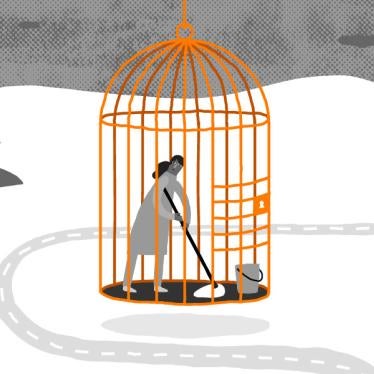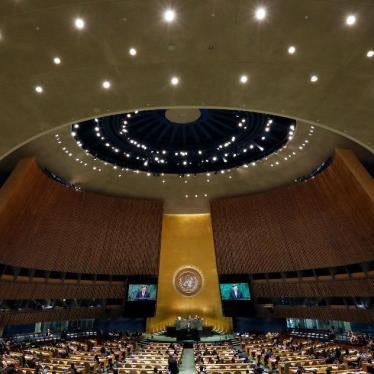While Saudi women’s rights activists languish behind bars, the government of Saudi Arabia is virtually hosting the Women20 Summit (W20). Until those Saudi women’s rights activists are freed, talks of reform in Saudi Arabia ring hollow.
At the W20, which concludes on Thursday, women’s rights experts representing nonprofits, private companies, and academic institutions are discussing “realizing opportunities of the 21st century for all,” a catchphrase that belies the reality of many Saudi women’s rights activists today.
The Saudi government’s use of women’s rights to divert attention from other serious abuses is well-documented. Recent changes, including the right to drive and to travel without male guardian permission, might be significant, but do not hide the fact that some of the women who campaigned for these changes still languish behind bars.
W20 attendees, including those from Australia, should refuse to play a role in Saudi Arabia’s whitewashing efforts. Participants should be well aware of how Crown Prince Mohammed bin Salman’s (MBS’s) government has cracked down against women’s rights activists. Beginning in May 2018, authorities arrested prominent activist Loujain al-Hathloul and several others, just weeks before the driving ban was lifted.
Al-Hathloul, well-known for her campaigning against the driving ban, was held incommunicado for three months following her arrest, and family members say that authorities subjected her to electric shocks, whippings, and sexual harassment in detention. Others have faced similar abuse. None have been convicted.
Al-Hathloul, as well as Nassima al-Sadah, Samar Badawi, and Nouf Abdulaziz – who were arrested later that year – remain in detention. While some women were released, they risk immediate return to prison if they step out of line.
Earlier this year, Saudi women took to Twitter to shed light on the entrenched discrimination against them. They called for the abolition of the male guardianship system, and an end to sexual harassment and inequality in marriage, divorce, and child custody.
The G20 Presidency – and, subsequently, the privilege to host the W20 – has conferred an undeserved mark of international prestige on the government of MBS. While courageous women are subjected to torture for peaceful activities, the Saudi government seeks to assert itself on the international stage as a “reforming” power.
W20 delegates, including those from Australia, should use their platform to speak up for Saudi women’s rights champions, and advocating for the end of all discrimination against women. If the Saudi Government is committed to “realizing opportunities for all,” that should include all Saudi women activists behind bars and other victims of discrimination.









